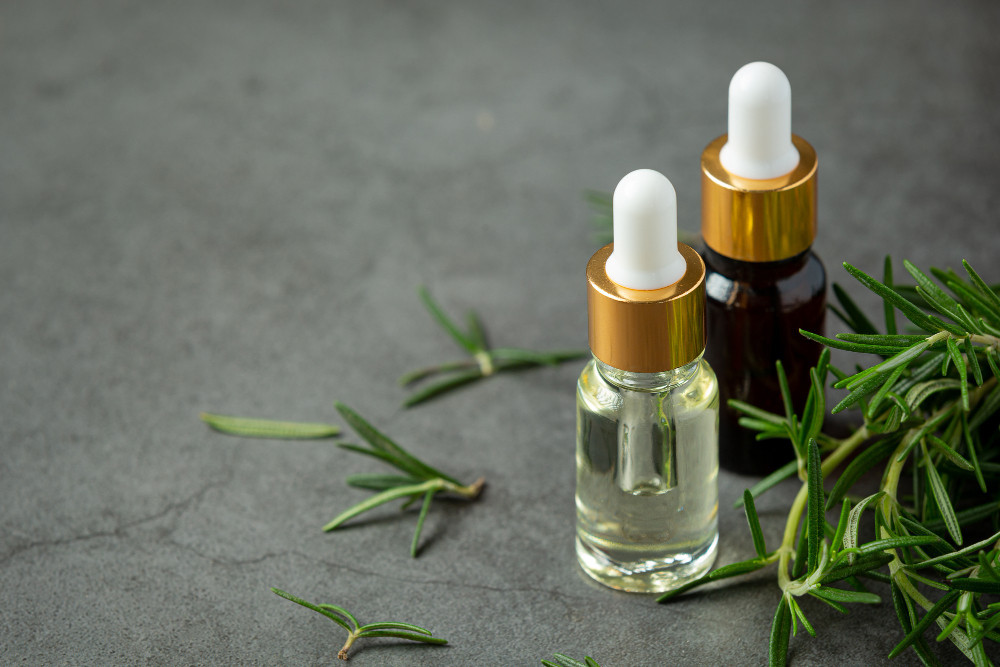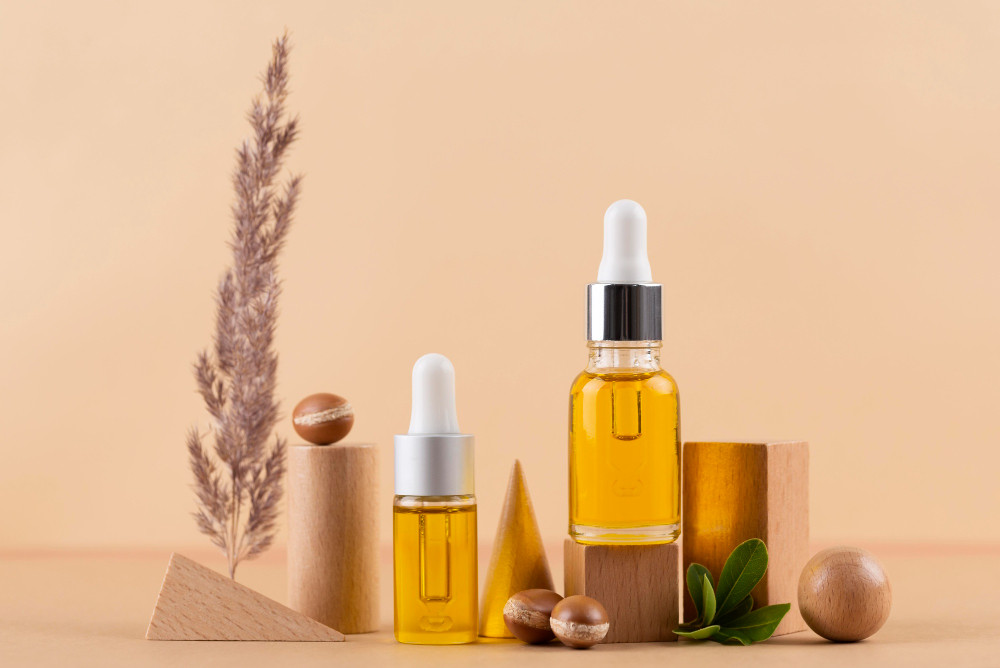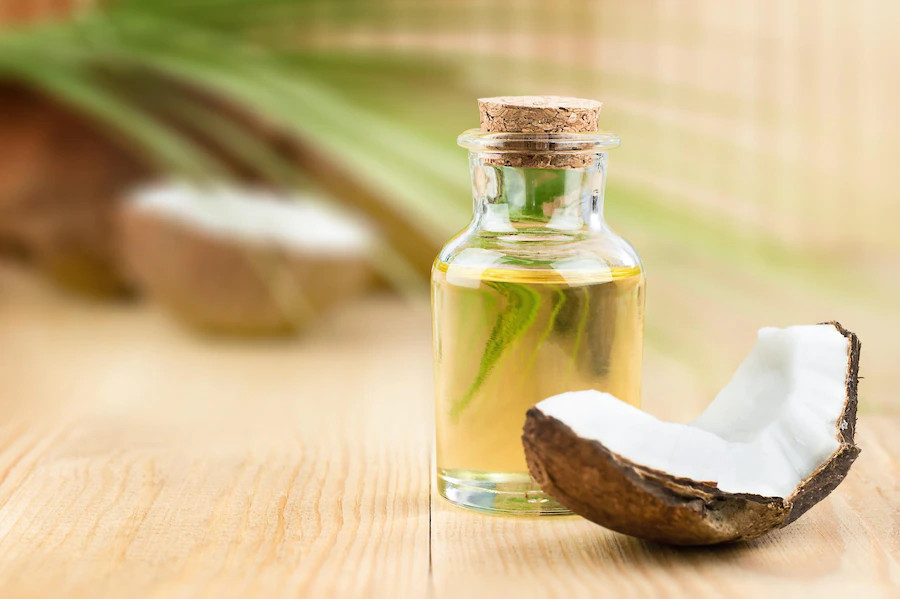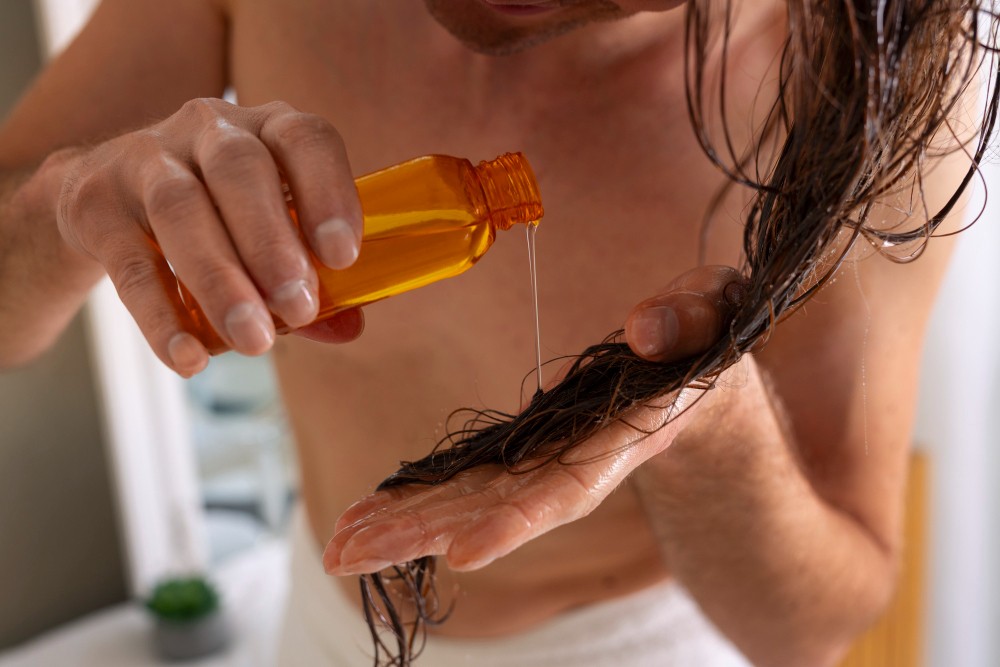The use of essential oils is increasingly popular among people. In addition to being used in diffusers as room fragrances, essential oils are also widely used to address health issues. What are essential oils, and how do they work for health? Here’s the review.
What Are Essential Oils?
Essential oils, also known as volatile oils (oils that easily evaporate), are oils derived from plant extracts. These oils are produced through the distillation or pressing of various plant parts, such as flowers, bark, leaves, or fruits, to capture the compounds that produce aroma.
After obtaining the desired extraction, these oils are combined with a solvent oil to create the desired product. Products that can be made from essential oils include aromatherapy candles, massage oils, or aromatherapy soaps.
How Do Essential Oils Work?
There are various ways to use essential oils, depending on the effects you want. As part of aromatherapy (a practice that uses the scent of oils to promote healing or relaxation), essential oils are not formulated for ingestion.
The primary way to use essential oils is through inhalation (breathing in their aroma); however, these oils can also be applied directly to the skin or used in a diffuser.
According to Healthline, using essential oils through certain methods can enhance absorption, such as applying them to different areas of the body. However, further research is needed on this.
Inhaling the aroma of essential oils can stimulate the limbic system, which is the part of your brain responsible for emotions, behavior, smell, and long-term memory. The limbic system is also related to memory. This mechanism explains why smelling a familiar aroma can trigger specific memories or emotions.
Additionally, the limbic system is associated with regulating several subconscious physiological functions such as breathing, heart rate, and blood pressure. If you apply essential oils to the skin, the molecules from the essential oils can also relieve inflammation, pain, and itching. However, this method can sometimes lead to negative reactions like irritation or itching.
Tips for Choosing Essential Oils
Currently, there are many essential oils available on the market with various aromas, compositions, and benefits. You can choose essential oils according to your needs. Use lavender oil for a calming aroma, or peppermint oil to relieve digestive issues and headaches.
When selecting essential oils, in addition to considering the type of oil and aroma that match the desired effects, here are some tips you can use:
- Choose essential oils with clear packaging labels. The label should include the Latin name of the plant, information on purity or ingredients used, instructions for use, and potential side effects.
- Choose essential oils in dark glass bottles. Essential oils are highly concentrated oils. Using plastic bottles may cause the essential oils to dissolve particles from the packaging, degrading the quality of the oil.
- Choose pure essential oils. Some oils claim to be aromatic for aromatherapy but are actually blended with fragrances. Such oils are not suitable for aromatherapy, especially for inhalation. Choose essential oils that do not contain many fragrance mixtures to obtain their natural benefits.
Essential oils have long been used for health-related aromatherapy. Before using essential oils, ensure that the oils you use are natural and safe for health. If any allergic reactions occur during the use of essential oils, consult a doctor immediately.
If you need medical advice or consultation, you can either visit a doctor or make use of the consultation features that are available in the Ai Care application by downloading the Ai Care application from the App Store or Play Store.
Looking for more tips and tricks for health, first aid, and other home remedies? Click here!
- dr. Pandu Lesmana
West, H. (2019). What Are Essential Oils, and Do They Work?. Available from: https://www.healthline.com/nutrition/what-are-essential-oils
John Hopkins Medicine. Aromatherapy: Do Essential Oils Really Work?. Available from: https://www.hopkinsmedicine.org/health/wellness-and-prevention/aromatherapy-do-essential-oils-really-work#
WebMD Editorial Contributors. (2022). Health Benefits of Essential Oils. Available from: https://www.webmd.com/diet/health-benefits-essential-oils
WebMD. (2021). Do’s and Don’ts of Essential Oils. Available from: https://www.webmd.com/skin-problems-and-treatments/ss/slideshow-essential-oils











